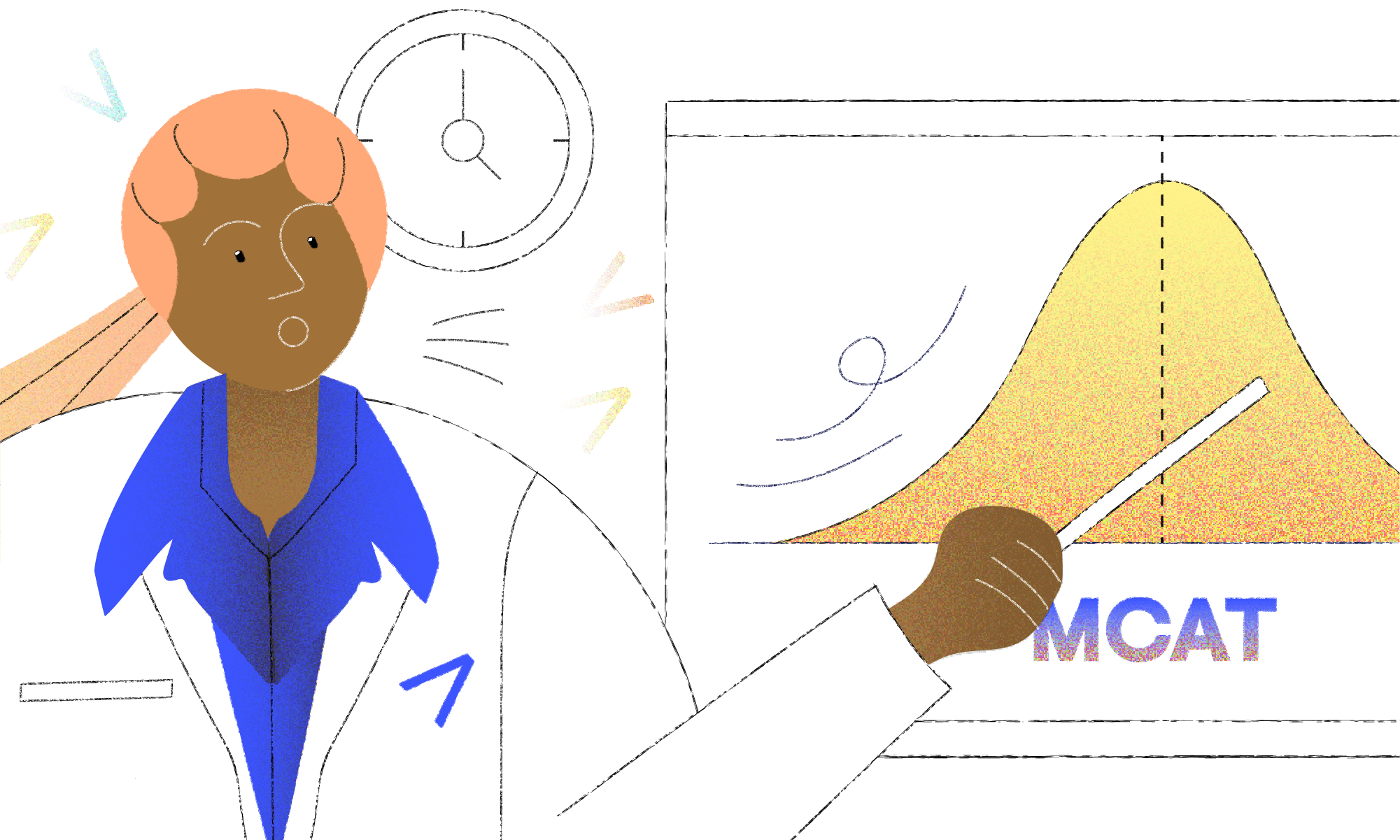
How Long are MCAT Scores Valid?
The Medical College Admission Test (MCAT) is critical to the medical school admissions process. The MCAT is designed to test a student’s knowledge and skills in the areas of science and critical thinking. However, students may wonder how long their MCAT scores will remain valid.
In this blog post, we will explore the question of how long MCAT scores are valid and what factors may affect the validity of your MCAT score!
How Long Are MCAT Scores Valid?
The validity of MCAT scores is an important consideration for students planning to apply to medical school. Medical school admissions committees use MCAT scores as one of the key metrics for assessing a candidate’s potential for success in medical school. As such, it is important to understand how long your MCAT score is valid and what factors can impact the validity of your score.
MCAT Score Calculator
How long do MCAT scores last?
Many students wonder how long are MCAT scores good for. MCAT scores are typically valid for three years from the exam date. This means that if you take the MCAT in 2023, your scores will be valid until 2026. After this time, your scores will expire, and you must retake the MCAT if you plan to apply to medical school.
It is important to note when calculating how long is your MCAT score good for means your score must be within three years of your intended medical school matriculation date. If you plan to apply to medical school for the Fall 2026 entering class, your MCAT score must be from 2023 or later.

Factors that Affect the Validity of Your MCAT Score
Several factors can affect the validity of your MCAT score. These include changes to the MCAT exam, changes in the admissions process, and changes in the medical school application timeline.
Changes to the MCAT Exam
The MCAT exam has undergone several changes in recent years. In 2015, the exam was updated to include new sections and a new scoring system. These changes have affected the validity of MCAT scores for students who took the exam prior to 2015.
Students who took the exam before 2015 may need to retake the MCAT to ensure their scores are valid for the current admissions process.
Changes in the Admissions Process
The medical school admissions process is constantly evolving. Changes to the admissions process, such as new requirements or changes in the weight given to MCAT scores, can affect the validity of your MCAT score. It’s important to stay up-to-date on any admissions process changes and adjust your study plan accordingly.
Changes in the Medical School Application Timeline
The medical school application process timeline can also affect the MCAT score’s validity. If you take the MCAT early in your academic career, your scores may expire before you are ready to apply to medical school. Planning your MCAT exam date carefully is important to ensure your scores are valid when applying to medical school.
To keep you aware of the changes in timelines, admission process, and other updates, you should check official websites or our MCAT online tutoring website.
Tips for Maximizing the Validity of Your MCAT Score
To maximize the validity of your MCAT score, it’s important to plan ahead and take the exam at the right time. Here are some tips to help you plan your MCAT exam date:
- Plan ahead: Start planning for the MCAT early in your academic career. This will give you plenty of time to prepare for the exam and to schedule your test date.
- Research the admissions process: Stay up-to-date on any changes to the medical school admissions process, including changes to MCAT requirements and the application timeline.
- Schedule your test date strategically: Choose a date that will give you enough time to prepare for the exam and receive your scores before the application deadline.
- Retake the exam if necessary: If your MCAT scores have expired or did not achieve your desired score, consider retaking the exam.

In conclusion, MCAT scores are valid for three years from the exam date. However, several factors can affect the validity of your score, including changes to the exam, changes in the admissions process, and changes in the medical school application timeline.
By planning and staying informed about changes to the admissions process, you can maximize the validity of your MCAT score and increase your chances of getting accepted into medical school.
General tips and informative articles on the MCAT:
MCAT differs from other medical exams:
Frequently Asked Questions (FAQs)
→ How long is MCAT score valid?
How long are MCATs good for depends on when you take the test. MCAT scores are typically valid for three years from the exam date. After this time, your scores will expire, and you must retake the MCAT if you plan to apply to medical school.
→ What factors can affect the validity of my MCAT score?
Changes to the MCAT exam, changes in the admissions process, and changes in the medical school application timeline can all affect the validity of your MCAT score. For example, if medical schools change their admission requirements and now require a higher score than you received, your previous score may no longer be valid.
Additionally, if you took the exam before significant changes were made to the MCAT, your score may not accurately reflect your abilities in the new test format.
→ Can I retake the MCAT if my scores have expired?
Yes, if your MCAT scores have expired, you can retake the exam to ensure your scores are valid for the current admissions process. However, you must consider changes to the MCAT since you last took the exam and prepare accordingly. Additionally, some medical schools may look unfavorably on multiple attempts at the exam, so it is important to ensure that you are fully prepared before retaking the MCAT.








Was this article helpful?
Still got a question? Leave a comment